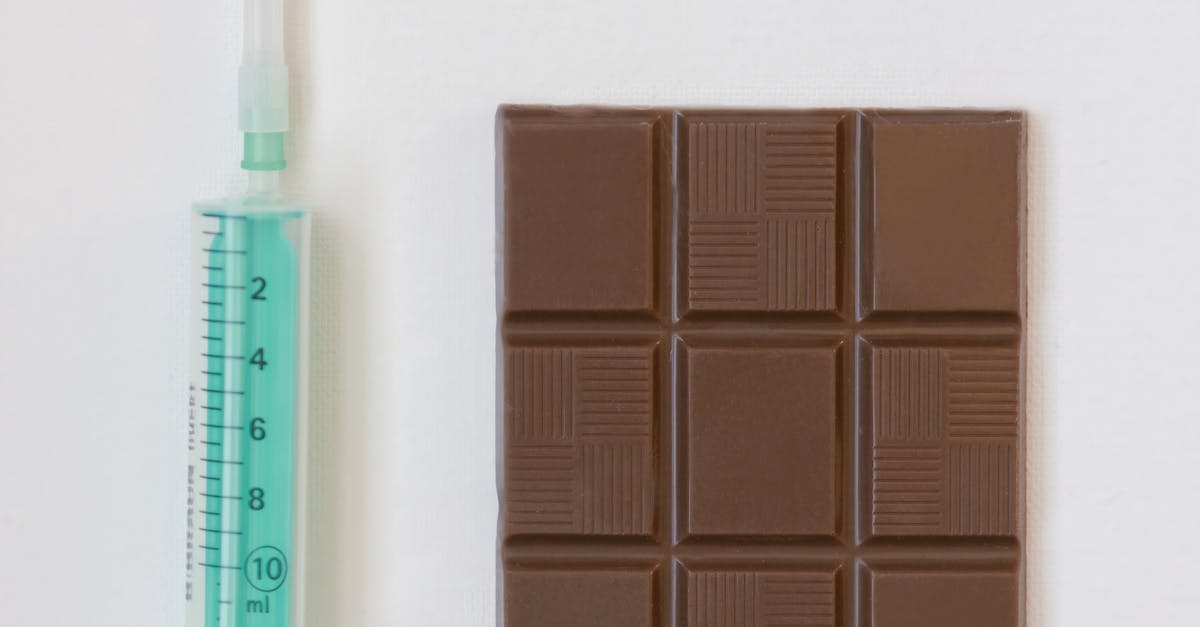Did you know that kittens, like human babies, go through a teething process? Many pet owners are surprised to learn how important dental care is for their furry friends, even at a young age. Understanding your kitten's dental development and how to care for their teeth can set them up for a lifetime of good oral health. Let’s dive into what you need to know about kitten teeth and dental care.
🩺 Vet Recommendations
Kittens are born without teeth, but by the time they’re 2–3 weeks old, their baby teeth (also called deciduous teeth) begin to emerge. This initial set includes 26 tiny, sharp teeth, which they use for nursing, eating, and exploring the world around them. By 3–4 months of age, these baby teeth start falling out as permanent adult teeth come in. Adult cats have 30 teeth in total.
While this process is natural, it’s not always without challenges. Teething kittens may experience discomfort, drooling, or even mild bleeding as their gums adjust. As a pet parent, it’s important to support them during this phase and establish good dental habits early on.
Veterinarians recommend regular at-home dental care for kittens, including introducing them to tooth brushing while they’re young. This helps prevent plaque buildup, gum disease, and other oral health issues as they age.
📋 Care Tips
Here are some practical tips to care for your kitten’s teeth during their teething phase and beyond:
- Start brushing your kitten’s teeth early, using a soft-bristled toothbrush designed for cats and a pet-safe toothpaste.
- Offer teething toys or chew-safe objects to help soothe their gums and redirect chewing away from furniture or cords.
- Feed a balanced diet that promotes dental health. Many veterinarians recommend high-quality kibble or wet food that’s appropriate for kittens.
- Schedule regular veterinary checkups to monitor their dental development and address any concerns early.
- Look out for signs of dental issues, such as bad breath, excessive drooling, pawing at the mouth, or a lack of interest in food.
With consistent care, you can help your kitten transition smoothly through teething and maintain a healthy smile for years to come.
✅ Do’s and Don’ts
When it comes to kitten dental care, here’s what you should—and shouldn’t—do:
- Do introduce tooth brushing gradually. Start by letting your kitten sniff and taste the toothpaste, then gently touch their gums with the toothbrush.
- Do use toys and dental treats specifically designed for cats.
- Do be patient. Kittens can take time to adjust to new routines, so keep sessions short and positive.
- Don’t use human toothpaste, as it contains ingredients like fluoride that can be toxic to cats.
- Don’t ignore signs of dental discomfort, such as swelling or difficulty eating. These could indicate an issue that needs veterinary attention.
By following these simple do’s and don’ts, you can create a positive dental care experience for your kitten and reduce their risk of dental problems later in life.
💡 Expert Advice
Dental health is a critical yet often overlooked aspect of overall pet care. Did you know that periodontal disease is one of the most common conditions seen in cats by the time they’re 3 years old? Starting dental care during kittenhood can significantly lower their risk of developing these issues.
If you’re not sure where to start, speak with your veterinarian. They can provide guidance on selecting the right toothbrush, toothpaste, and dental treats, as well as demonstrate how to brush your kitten’s teeth effectively. Regular professional cleanings may also be recommended as your kitten grows older.
Remember, every kitten is different. Some may adapt quickly to tooth brushing, while others may need more encouragement. The key is to stay consistent and make dental care a positive part of your kitten’s routine.
FAQs
Q: When should I start brushing my kitten’s teeth?
A: You can begin introducing your kitten to tooth brushing as early as 6–8 weeks old. Start slow, using your finger or a soft cloth before transitioning to a toothbrush.
Q: What if my kitten resists tooth brushing?
A: It’s normal for kittens to need time to adjust. Use treats and praise to create positive associations. If they continue to resist, talk to your vet about alternative options like dental wipes or gels.
Book a $49 online vet consultation at https://www.dialavet.com for fast, expert advice.























